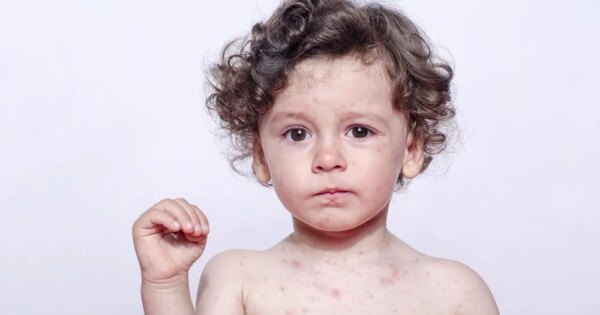Mental health issues such as depression and anxiety are often associated with adults, however many children are also affected, too. Unlike adults, children can struggle when it comes to talking about these type of issues and knowing how to deal with them. The onus is often put onto parents (often with professional medical advice of doctors) to recognize signs of mental illness in young people, and come up with a plan on how to prevent bigger issues down the road. Mental illness is something that should not be taken lightly, and having intervention from medical professionals is crucial if symptoms are persisting to exist in your child. Here are 6 ways to improve the mental well-being of your child…
6. Open Lines of Communication
A child should feel like they can open up about their thoughts and not have them swept under the rug or minimalised by parents, noted Canadian Living magazine. It’s also important not to judge your child when they share information with you about their well being, added the article.
When your child has someone they trust to talk to about their mental state, they can release negative feelings and also learn important coping strategies, explained the article. Also stay positive so your child doesn’t become afraid of the feeling he or she is experiencing.
5. Build Their Self-Esteem
A sense of self-worth and confidence are very important to succeed in life, and should be developed at an early age. If your child seems reluctant to try new things, or seems to lack drive, they could be suffering from a mental health problem.
One major way to help your child build self-esteem is to give them experiences that help them succeed without fear of failing or judgment. That could be a camp excursion, placing them in a music class, or pairing them with a mentor that can help them feel good about themselves, as detailed by KidsHealth.org.
4. Be a Positive Role Model
Young children take in more of your behavior than you may be aware of, and copy how you deal with situations and relate to others. So if you lose your cool over small things or lash out at your family or friends when you’re not feeling well, your child may pick that up as a cue to do the same.
That’s why it’s important to learn your own effective coping strategies so you can set a good example about how to deal with stress and negativity, notes Canadian Living. Teaching by doing may even be more powerful than teaching through your words, added the magazine.
3. Keep Them Active
Just as in adults, exercise and social activity for children have positive cognitive and mental health benefits. If your child is isolated and sits around watching television most of the day, they may not be developing the social skills they need to avoid social phobias. The binge watching of T.V. or videos on a tablet may also be a symptom of social anxiety that already exists (Psychology Today said 10 to 20-percent of school-aged children have anxiety symptoms).
Not only will exercise mean getting outside to play and socializing with others, it will also help release their feel-good endorphins which will help your child feel good about the experience and likely want to do it again. You can also make time to play with your child in a safe environment, whether that means kicking the ball around or building something together outside.
2. Reward Them for Facing Fears
If you and your child set realistic goals such as getting outside to ride their bike with friends, or even going to a school dance they’re anxious about, then there’s no harm in showing some appreciation for reaching those goals, according to Psychology Today.
That doesn’t mean you need to ply them with material goods for achieving a goal, said the resource. It could just mean a hug or a high five to acknowledge the accomplishment. Rewards are different than bribery, which is giving your child something in advance to motivate them, added Psychology Today.
1. Seek Professional Assistance
There are some cases where everything you try doesn’t have the results you had hoped for, and then it may be time to have a doctor or child psychologist intervene.
Mental Health America said there are warning signs to look out for that may warrant a trip to a medical professional is in order. Those signs include a drop in school performance, fidgeting or nervous behaviors, nightmares, aggression, or withdrawal (sadness). They may also fake illness to avoid going to school. Let them know the doctor is there to help them, not judge them.









